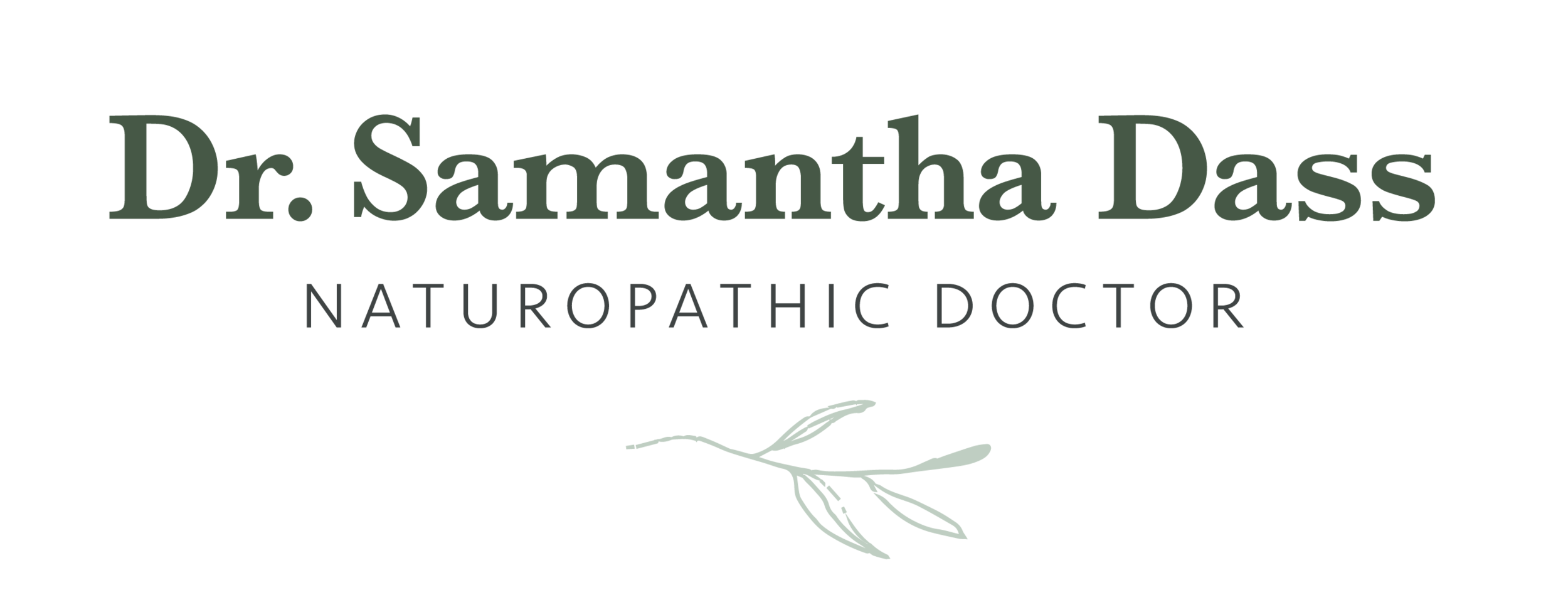PCOS, Anxiety and Depression
Polycystic Ovarian Syndrome (PCOS) is a condition that involves irregular periods, metabolic issues like weight gain and insulin resistance, and symptoms of excess androgen hormones like acne and hair loss (or excess growth). It’s a common condition but what is often not talked about is its connection with mental health.
Women with PCOS are more likely to have anxiety or depression. This could be because some of the symptoms (like acne, hair loss, and infertility) take a psychological toll on those who experience them by impacting self esteem, relationships, and important life goals. It’s possible that the biological factors in PCOS like insulin resistance and elevated androgens are contributing to the anxiety or depression directly but there is limited and inconsistent information on this from studies.
Associations have also been found between PCOS and eating disorders, bipolar disorder, and obsessive compulsive disorder.
Treatment
Treating the mental health aspects of PCOS means treating the PCOS itself by balancing the hormones that are out of range and improving the symptoms. Because it can take time for symptoms to improve, treating anxiety and depression directly can also be beneficial. Some of the natural remedies that help with PCOS can help improve mental health too. Talk to your naturopathic doctor to get a treatment plan that address both your mental and physical PCOS symptoms.

